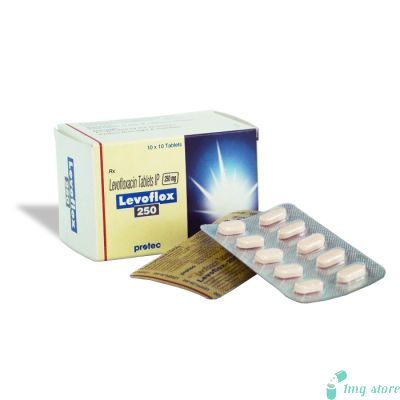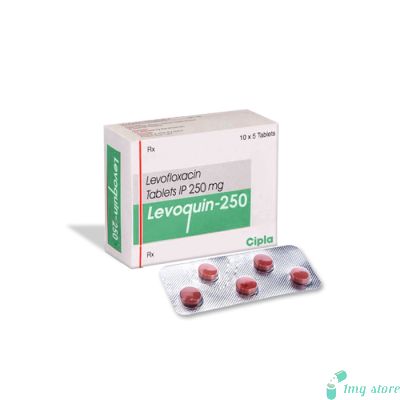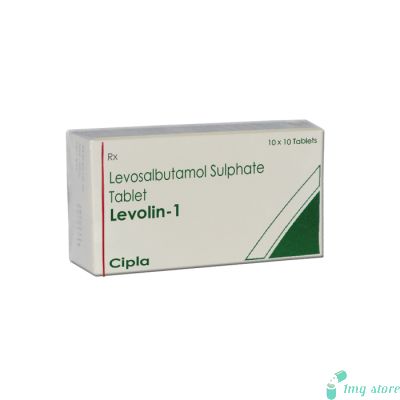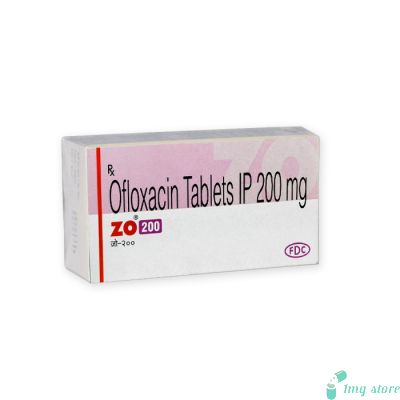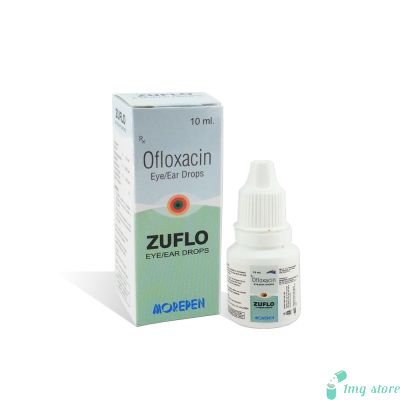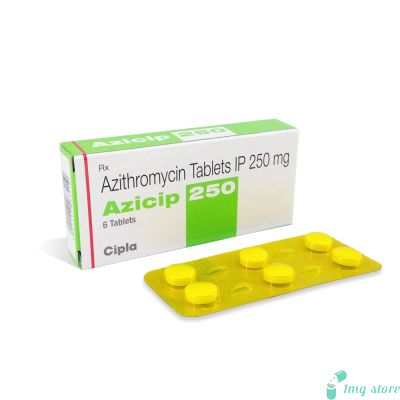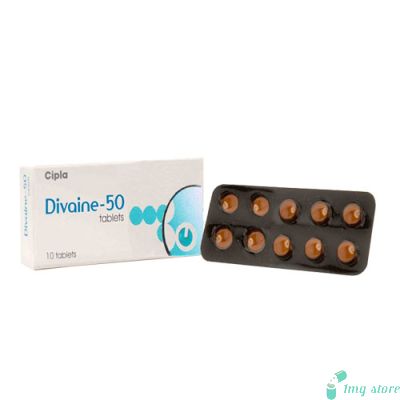Alevo Tablet (Levofloxacin)
Buy Levofloxacin, is an antibiotic medication that belongs to the fluoroquinolone class of drugs. It is commonly sold under the brand names Alevo and Levaquin. Levofloxacin is widely used to treat various bacterial infections in different body parts.
Introduction to Levofloxacin Tablet (Alevo, Levaquin):
Levofloxacin is an antibiotic medication that belongs to the fluoroquinolone class of drugs. It is commonly sold under the brand names Alevo and Levaquin. Levofloxacin is widely used to treat various Bacterial Infections in different body parts. It works by inhibiting the growth and multiplication of bacteria, thereby aiding the body's natural defense mechanisms in fighting off the infection. This comprehensive guide provides detailed information about Levofloxacin Tablet, including dosage instructions, uses, potential side effects, precautions, drug interactions, and more.
Levaquin Dosage Information:
The dosage of Levofloxacin Tablet (Alevo, Levaquin) may vary depending on the specific infection being treated, the severity of the condition, and the patient's age and overall health. It is crucial to follow the prescribed dosage and directions provided by your healthcare provider or as indicated on the medication label. Generally, Levofloxacin is available in oral tablet form, with strengths ranging from 250 mg to 750 mg. The typical dosages for common infections are as follows:
- Respiratory Tract Infections: The usual dose for adults is 500 mg once daily for 7-14 days, depending on the severity of the infection.
- Urinary Tract Infections: The typical dose is 250 mg to 750 mg once daily for 3 days.
- Skin and Soft Tissue Infections: A typical dose is 500 mg once daily for 7-14 days.
- Pneumonia: The dose is often 500 mg to 750 mg once daily for 7-14 days.
- Sinus Infections: A common dose is 500 mg once daily for 10-14 days.
It is important to complete the full course of Levofloxacin even if symptoms improve before the medication is finished. Skipping doses or stopping the medication prematurely could lead to the development of antibiotic-resistant bacteria.
Levofloxacin Tablets for UTI:
Levofloxacin tablets are commonly prescribed by healthcare professionals to treat urinary tract infections (UTIs). This powerful antibiotic targets and combats the bacteria responsible for UTIs, helping to alleviate symptoms and promote recovery. It's essential to follow your doctor's instructions and complete the full course of medication to ensure effective treatment.
Levofloxacin Tablets for Skin Infections:
Levofloxacin tablets are also utilized in the treatment of skin infections. These infections, caused by susceptible bacteria, can range from mild to severe. Levofloxacin's antimicrobial properties aid in eradicating the bacterial source, facilitating the healing process. Adhering to the prescribed dosage and duration is crucial to achieving optimal results.
Levofloxacin Tablets Price:
For information on Levofloxacin tablets' pricing, you can visit our website, 1mgstore.com. We provide transparent pricing details to help you make informed decisions about your healthcare needs. Our platform offers a convenient way to access medication information and prices, ensuring you have the information you need for your treatment journey.
Some crucial precautions To be taken while using Alevo Tablet (Levofloxacin)
Before starting Levofloxacin treatment, inform your healthcare provider about any existing medical conditions, allergies, or medications you are currently taking.
- Allergic Reactions: If you have a history of hypersensitivity to fluoroquinolone antibiotics, you should avoid Levofloxacin.
- Tendon Problems: Individuals with a history of tendon disorders should exercise caution while using Levofloxacin, as it may increase the risk of tendon-related issues.
- Pregnancy and Breastfeeding: Levofloxacin is generally not recommended during pregnancy or breastfeeding, as its safety for the fetus or infant has not been firmly established.
- Elderly Population: Older adults may be more susceptible to specific side effects of Levofloxacin, such as tendon problems and central nervous system effects.
Some of the specific indications for Levofloxacin Tablet (Alevo, Levaquin):
Levofloxacin Tablet is prescribed by healthcare professionals to treat a range of bacterial infections caused by susceptible organisms. Some common uses include:
- Respiratory Infections: Levofloxacin is effective against bacterial infections in the lungs, such as pneumonia and bronchitis.
- Urinary Tract Infections: It can treat infections in the urinary tract, including bladder and kidney infections.
- Skin and Soft Tissue Infections: Levofloxacin is used to manage bacterial infections in the skin and soft tissues.
- Sinus Infections: It is sometimes prescribed for sinusitis, particularly when other Antibiotics are not effective.
- Prostate Infections: Levofloxacin can be used to treat bacterial infections in the prostate gland.
- Gastrointestinal Infections: They may be used for certain bacterial infections of the gastrointestinal tract.
Crucial Side Effects to Be Observed When Using Levofloxacin Tablet (Alevo, Levaquin):
While Levofloxacin is effective in treating bacterial infections, it may also cause some side effects. Not everyone will experience these side effects, and some individuals may experience them to a greater degree than others. Common side effects may include:
- Nausea and Vomiting: Levofloxacin can cause gastrointestinal discomfort, leading to nausea and vomiting in some individuals.
- Diarrhea: Some patients may develop diarrhea as a result of the medication's impact on gut bacteria.
- Headache: Levofloxacin use may lead to headaches or an exacerbation of pre-existing headaches.
- Dizziness: Certain individuals might experience dizziness or lightheadedness while taking Levofloxacin.
- Photosensitivity: Levofloxacin can increase sensitivity to sunlight, potentially leading to sunburn more easily.
- Tendon Issues: In rare cases, Levofloxacin has been associated with tendonitis or tendon rupture, especially in older adults.
It's essential to promptly notify your healthcare provider if you experience any severe or persistent side effects while taking Levofloxacin.
Answers to Common Inquiries About Alevo Tablet (Levofloxacin)
Can Levofloxacin be taken with dairy products?
Answer: It's best to avoid dairy products, as they can interfere with Levofloxacin absorption. Take the medication at least two hours before or after consuming dairy.
Is Levofloxacin safe during pregnancy?
Answer: Levofloxacin is generally not recommended during pregnancy due to potential risks to the fetus. Consult your doctor for safer alternatives.
Can Levofloxacin cause heart palpitations?
Answer: While rare, Levofloxacin may lead to irregular heart rhythms. If you experience palpitations or any heart-related symptoms, seek medical attention.
How long does it take for Levofloxacin to work?
Answer: Improvement is usually seen within a few days, but complete recovery requires finishing the full course as prescribed by your doctor.
Can Levofloxacin be used for viral infections?
Answer: No, Levofloxacin only treats bacterial infections. It's ineffective against viruses like the common cold or flu. Using antibiotics for viral infections can contribute to antibiotic resistance.
Some notable drug interactions with Alevo Tablet (Levofloxacin) include:
Levofloxacin Tablet (Alevo, Levaquin) can interact with other medications and substances, potentially affecting its efficacy or increasing the risk of side effects. Inform your healthcare provider about all the medications you are taking, including prescription, over-the-counter, and herbal products.
- Antacids and Supplements: Levofloxacin absorption may be reduced if taken together with antacids containing aluminum, magnesium, calcium, or iron. These should be taken at least two hours apart from Levofloxacin.
- Warfarin: Levofloxacin can affect the metabolism of warfarin, an anticoagulant, potentially altering its effectiveness.
- NSAIDs: Combining Levofloxacin with non-steroidal anti-inflammatory drugs (NSAIDs) may increase the risk of seizures.
- Theophylline: Co-administration of Levofloxacin with theophylline (used for respiratory conditions) may lead to increased theophylline levels in the blood.
Your healthcare provider will be able to assess potential drug interactions and adjust your treatment plan accordingly.
| Manufacturer | : | Alkem Pharma, India |
| Equivalent Brand | : | Levaquin |
| Generic Search | : | Levofloxacin |









